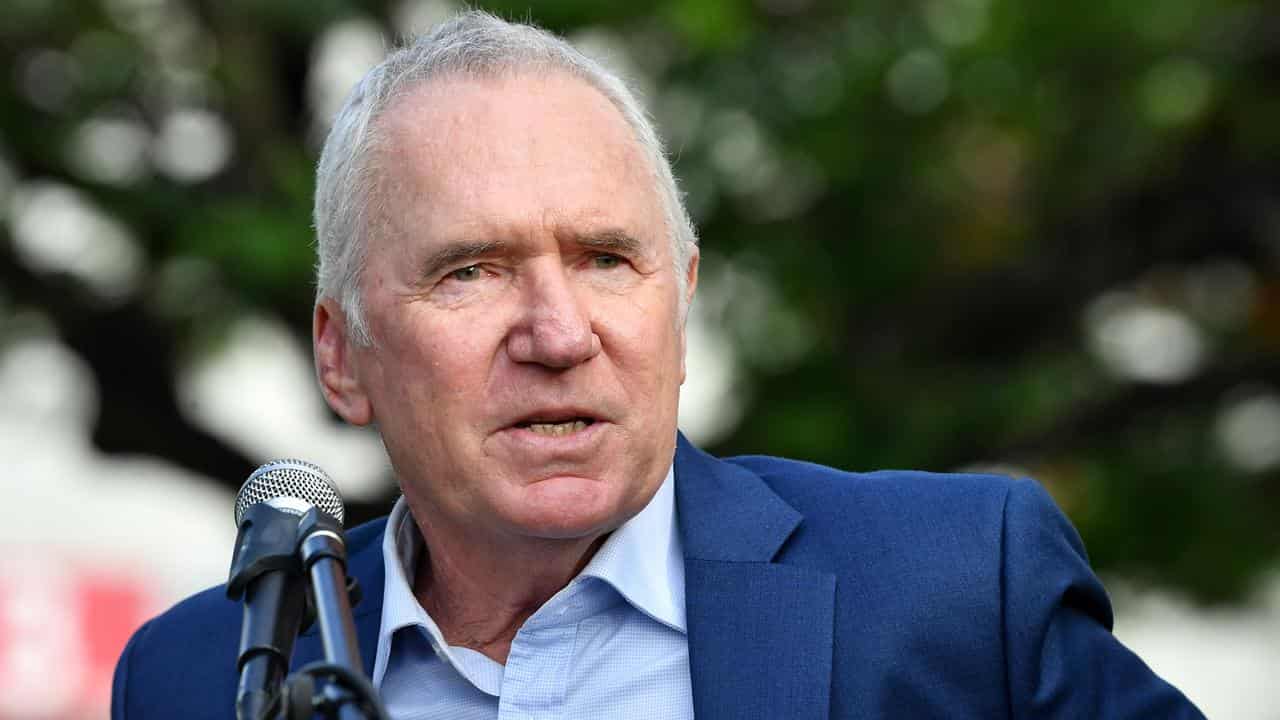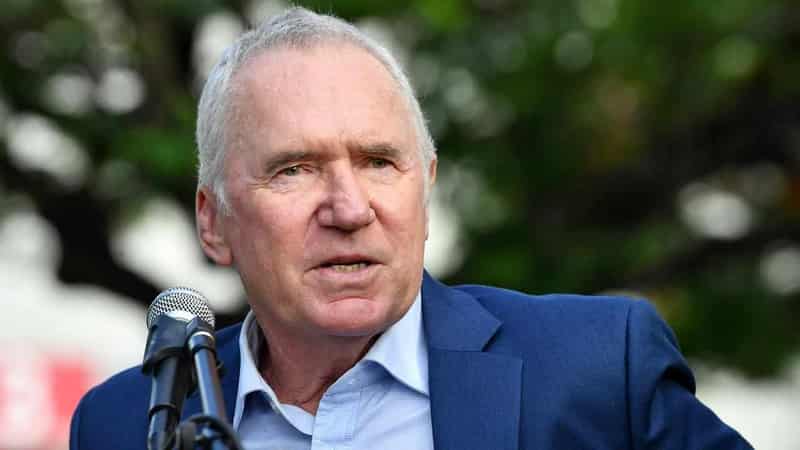
Allan Border recalls the first time he witnessed the effects of Parkinson's disease when Muhammad Ali lit the Olympic torch at the 1996 Atlanta Games.
"I just thought people suffer from a tremor," he said.
The former Australian cricket great and captain is now joining forces with Parkinson's Australia to shine a light on the disease that affects over 150,000 Australians, or one in 173 people.
Parkinson's Australia released a report on Thursday that crunches the numbers on how widespread the disease is across the nation.
Nearly one in 10 working Australians are sufferers, with one person diagnosed every 27 minutes - amounting to up to 19,500 new cases annually.
Parkinson's cases are expected to triple by 2050, which highlights the need for greater awareness and support.
Border was first diagnosed in 2016 and said the message was clear.
"It is a disease that affects a lot of Australians and getting worse, and we need to do something a little bit more about it," he said.
"There's over 13,000 people that have developed Parkinson's that are of working age.
"If I wanted to keep working in the area that I was in, which was TV, I can't because it's quite obvious I'll get nervous and that some of the symptoms come through - there's 13,000 people in a similar vein."
The report revealed over one third of Australian Parkinson’s cases resided in NSW, with one quarter in Victoria and one fifth in Queensland.
"Our research underscores the urgent need for increased awareness, support and research into Parkinson’s," Parkinson's Australia CEO Olivia Nassaris said.
"With incidence and prevalence rates set to skyrocket in the coming years, it’s imperative we take proactive steps to address the challenges faced by individuals living with Parkinson’s and their families."
Ms Nassaris said pre-budget submissions to the government will look at a lived experience project, where people are with Parkinson's in different communities around the country and the impacts it has on them and their families.
Prime Minister Anthony Albanese has indicated he will speak with health minister Mark Butler about what more the government can do.
Over $100 million has been spent on Parkinson's research by the government with a $6.5 million pilot program in place for nurses assisting sufferers.
"We want to wait and see what the assessment of that is - those designated nurse programs," Mr Albanese told Sunrise on Thursday.
"But we know this is a disease that impacts a lot of Australians, that's why we are putting so much money into research."
April 11 is World Parkinson's Day.









